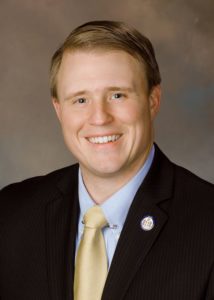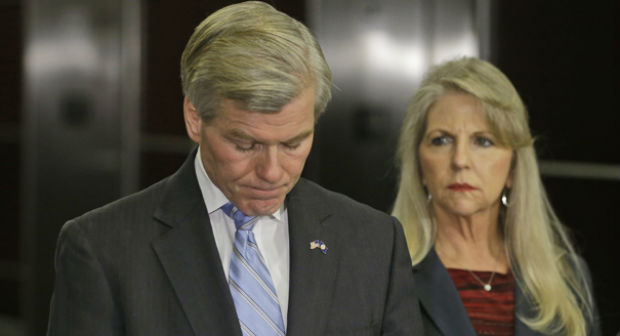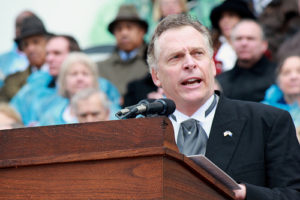
RICHMOND – A bill is advancing through the House that would grant “active shooter” training funds to smaller police forces, which currently have no budget to accommodate the over-time pay to prepare for mass shootings.
Delegate Mike Webert, R-Marshall, said the Fauquier County Sheriff Department recently integrated an active shooter program. To do so, he said the department brought in experts from Fairfax, which has a larger police force. “(Fairfax) has one of the best task forces in the nation,” Webert said. “A lot of their guys end up training our smaller localities. So, we want to be able to provide our localities with the tools to help keep our children safe.”
Webert said the initial training cost Fauquier County money that was not in the police budget, which is why he introduced legislation calling for a $500,000 training grant. His bill would grant funding up to $50,000 per locality to provide overtime pay for police officers to be trained to respond in the event of a shooting.
Lt. James Hartman, of the Fauquier County Sheriff Department, said his department is “very much in favor of the bill and (supports) it 100 percent.”
Hartman said it is obvious the active shooter and training grant fund is needed in jurisdictions like Fauquier County. He described his department as “too small to be big, and too big to be small,” adding that the force has about 125 sworn officers covering patrols and stationed in schools. Hartman said overtime pay for active-shooter training exceeds the police budget. He said over-time costs between $16,000–$17,000 for each training session and consists of about 22 officers.
The training covers response tactics leading to the neutralization of an active shooter. Usually, Hartman said, his department will go into a school when students are out and stage a simulation using actors. County schools even have color-coded doors so officers easily can communicate their locations from within a building. Although his department trains for the first critical minutes of a public school incident, Hartman said “active shooter” applies to more than just school shootings. “Active shooter incidents across the country mainly have just been in schools,” he said. “But we’ve also seen active shooters in workplaces, such as the Navy Yard shooter (and) movie theaters.”
Hartman said his department already has conducted four training sessions and had a fifth planned in January.
Chief John Venuti of the VCU Police Department would not discuss specific training. “The VCU Police Department provides active shooter training to the campus community,” Venuti stated in an email. “We do not discuss specific information pertaining to training, technology or tactics.”
Webert said he hopes to convince the appropriations committee to create a grant from the currently unappropriated federal fund, which he said is about $15 million.
This story appeared in RVA News and Emporia News.


